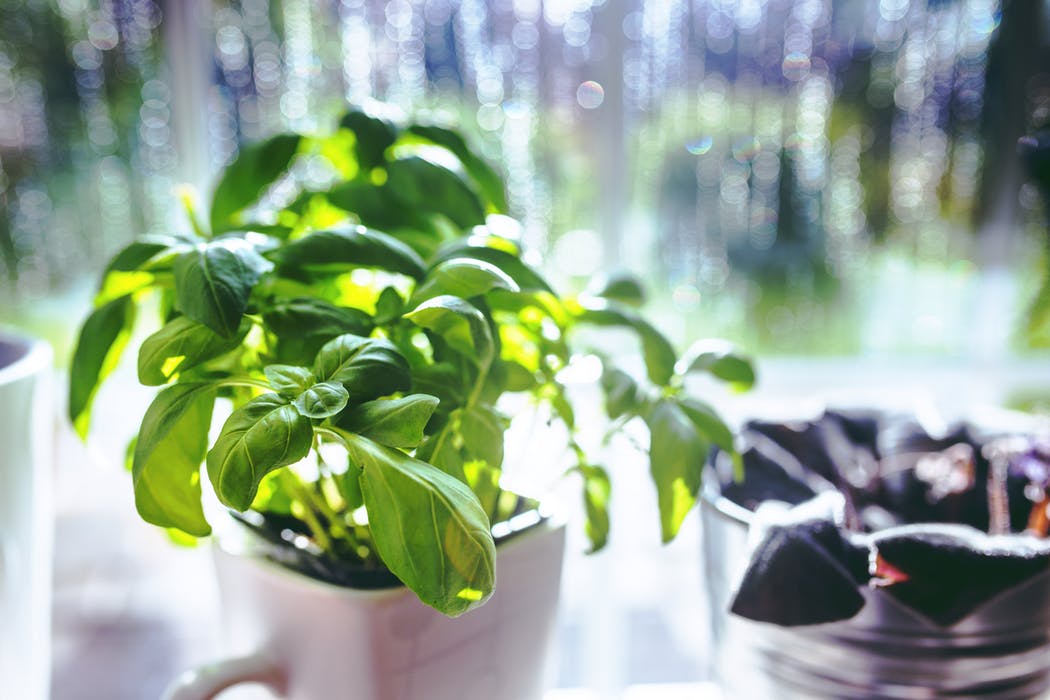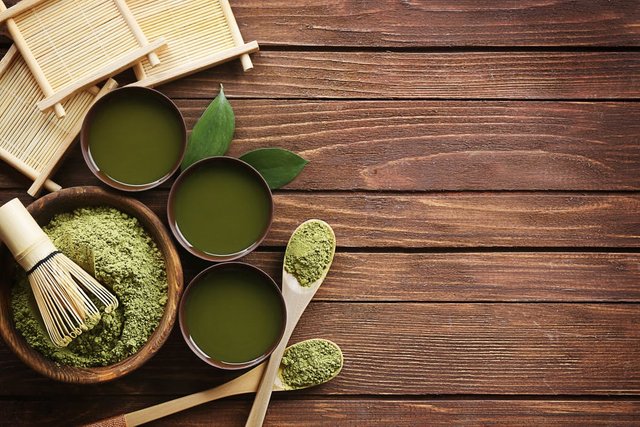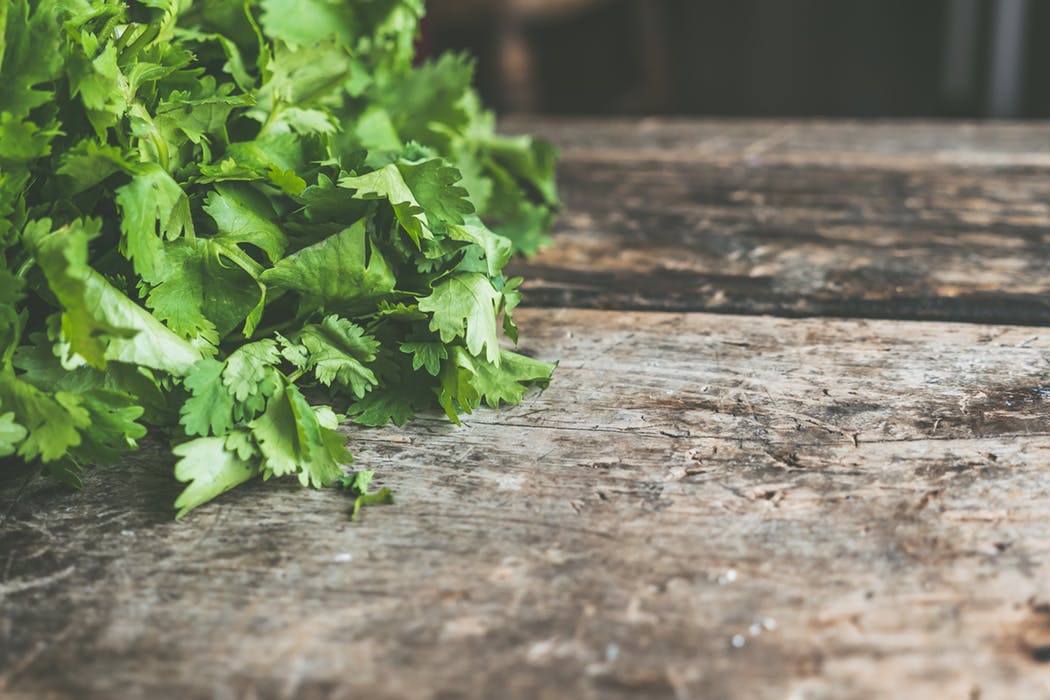DRUG INTERACTION II - DRUG-HERB INTERACTIONS
My last post was about drug-drug interactions. Drug-Drug interactions are one of the three types of drug interactions. This post will be about drug-herb interactions. Herbs can also interfere with drugs that we use and herbs can also increase or decrease their effectiveness. Herbs can also interact with drugs to cause side effects which may be mild or severe. Before I proceed, let me define a herb.
WHAT IS A HERB?
Herbs are plants whose seeds, leaves or flowers can be used as medicine or flavoring. Herbal supplements are available for sale in various forms. Herbs are also used as flavoring. One common example is the thyme we use to cook. Thyme leaves are in fact herbs. Herbs are crude drugs. Crude drugs are plant or animal drugs which are unmodified and occurring in the whole state or powdered.
WHAT IS DRUG-HERB INTERACTION?
This is a change in a drug's effect on the body when it is taken with another herb. Many people don't see herbs as drugs but they are drugs. They are referred to as "crude drugs". They have constituents that can interact with drugs.
In recent years, there has been an immense revival in the herbal and homeopathic systems of medicine. So it is important for people to be careful about combining herbs with drugs. Infact, drug-herb interactions are more common than drug-drug interactions. This is because herbs contain a lot of substances. A single herb may have contained more than 6 substances. This higher number of constituents increases the chance of interaction with drugs. Drugs on the other hand mostly contain one or two active ingredients.
Some herbs contain some constituents that inhibit the metabolizing enzymes in the liver. Inhibition of these metabolizing enzymes may lead to enhancement of the drug leading to a potentially lethal overdose or reduction in the effect of the drug leading to treatment failure.
In other words, drug-herb interaction may cause a drug to be metabolized faster and excreted quickly from the body or slow the metabolism of a drug so it stays longer in the body. This could cause problems if the drug is needed to stay in the body for a long time or if the drug is toxic and shouldn't stay in the body for long.
COMMON EXAMPLES OF DRUG HERB INTERACTIONS
.1. Green Tea and Warfarin: Green tea is an herb gotten from the plant Camellia sinensis and it originates from China. Green tea is used for lowering cholesterol and some believe it can help lose weight. Warfarin, on the other hand, is an anticoagulant. It thins the blood. In simpler terms, it means it makes the blood clot more slowly. Warfarin is a prescription drug which means it is not sold over the counter. You need a doctor's prescription before you can get the drug.
Warfarin is a vitamin k antagonist. Vitamin K is important for blood clotting and warfarin works by blocking the production of vitamin K. Patients taking warfarin need to be careful about what they take. They need to stay away from things that are rich in vitamin K. Green tea contains a considerable amount of vitamin K and can, therefore, antagonize the effect of warfarin.
.2. Cranberry and Warfarin: Cranberries are popular and often associated with thanksgiving. Cranberry juice is a really healthy one that contains a lot of vitamins and antioxidants. Normally, cranberry juice is good for you except when you are taking warfarin. Cranberry contains a considerable amount of salicylic acid which prevent blood clotting. Cranberry juice, therefore, increases the effect of anticoagulants like warfarin and makes it difficult for the blood to clot. Also, cranberries also contain vitamin K. That can also have an antagonizing effect on warfarin.
This increased effect of the blood thinner(anticoagulant) can cause bruising and bleeding.
.3. ALOE VERA INTERACTIONS: Aloe vera is a popular herb. It is used as a laxative and to treat constipation. It can also be applied to burns and flesh wounds. If you are taking the following medications, do not take aloe vera without consulting your doctor:
√ Diuretics and digoxin: Diuretics are a class of drugs that increase urine production when used. Digoxin is a heart medication that is used to treat irregular heart rhythm and congestive heart failure. Both diuretics and digoxin work by reducing potassium levels in the body. Aloe vera also reduce potassium levels in the body so a combination of aloe vera and diuretics or digoxin can lead to dangerously low level of potassium which is an important mineral .
√ Antidiabetic medications: using aloe vera with an antidiabetic drug may help control blood sugar but care must be taken to prevent blood sugar from getting too low as this may cause serious health complications .
.4. St. John’s Wort: it is a popular herbal supplement used to treat depression. Drug interactions with this herb can be numerous and dangerous.
The following medications should not be combined with St. John’s Wort
a. Atorvastatin- it reduces the efficacy of Atorvastatin
b. Digoxin- Warfarin increased warfarin clearance and decreades anticoagulant effect
c. birth control pills- it results in reduced efficacy
d. certain HIV medications
e. tricyclic antidepressants
f. nefazodone it causes serotonin syndrome and many other drugs
.5. Clove basil: also known as Ocimum gratissimum. Apart from its culinary uses, it has hypoglycemic properties, amongst others. It may lead to excessive hypoglycemic action when combined with diabetes drugs. If blood sugar level drops too low, the patient can experience hypoglycemic crisis.The list is just endless. Many people believe that all herbs are safe irrespective of the dose or quantity taken. Infact, dosage is one of the problems of using crude drugs.
The list goes on. It is possible to avoid drug-herb interaction by not using drugs and herbs concurrently.
It is important to tell your doctor or pharmacists if you are using any herbal supplements. If they do not ask, bring it to their attention. The last part of drug interaction which is drug-food interaction will be coming soon. You will find the first part which is about drug-drug interaction on my blog. Till next time. Thanks.
REFERENCES
NINIHORLAH (Knower Of Nothing)



Personally i don't take drugs, not to talk of herbal medicine, Nice article...good read
Thanks
Congratulations! This post has been upvoted from the communal account, @minnowsupport, by ninihorlah from the Minnow Support Project. It's a witness project run by aggroed, ausbitbank, teamsteem, theprophet0, someguy123, neoxian, followbtcnews, and netuoso. The goal is to help Steemit grow by supporting Minnows. Please find us at the Peace, Abundance, and Liberty Network (PALnet) Discord Channel. It's a completely public and open space to all members of the Steemit community who voluntarily choose to be there.
If you would like to delegate to the Minnow Support Project you can do so by clicking on the following links: 50SP, 100SP, 250SP, 500SP, 1000SP, 5000SP.
Be sure to leave at least 50SP undelegated on your account.